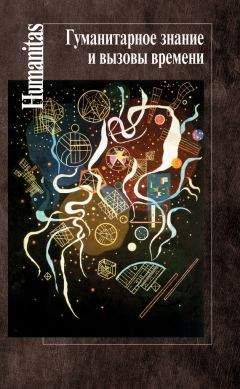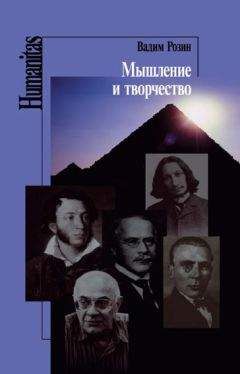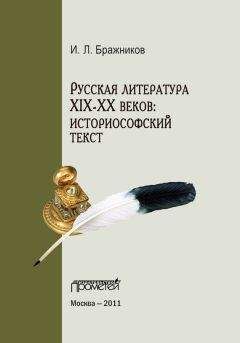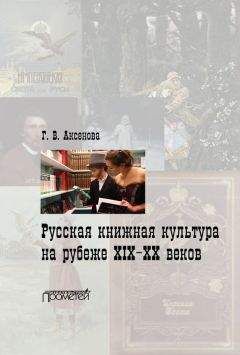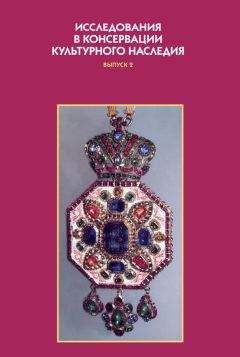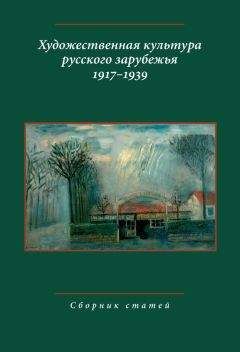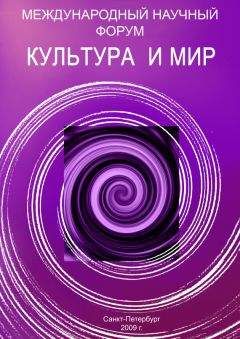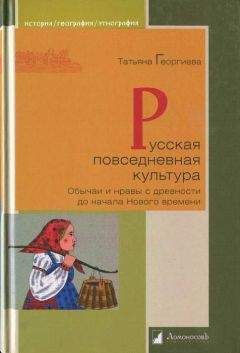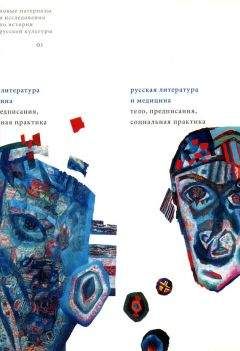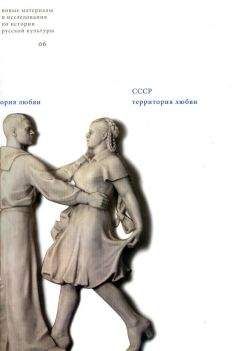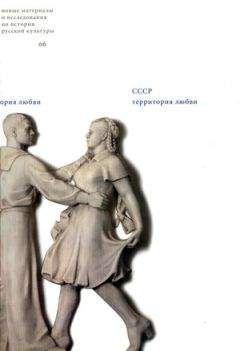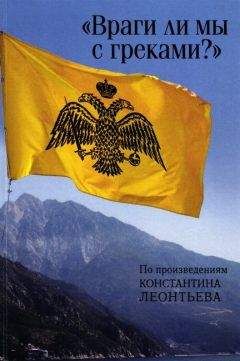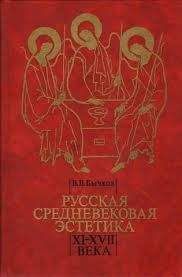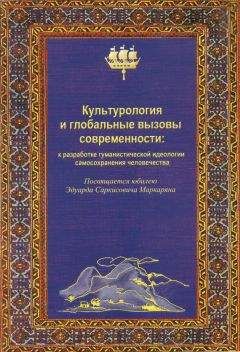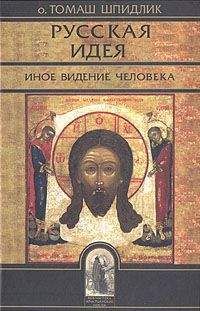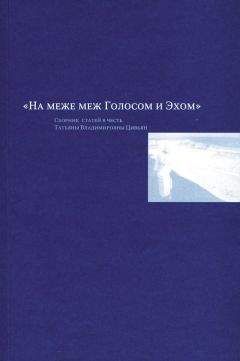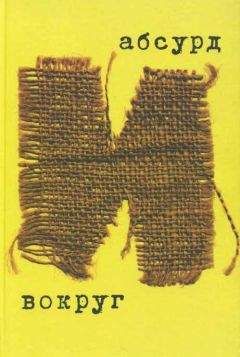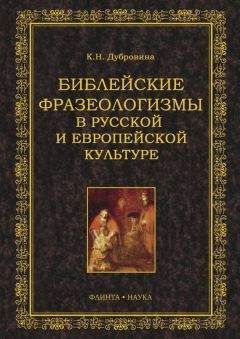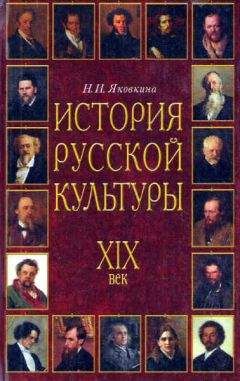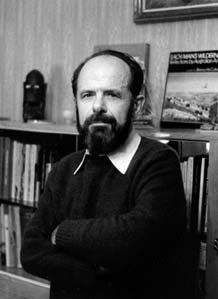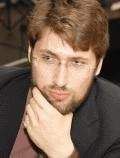Сборник статей - Софиология
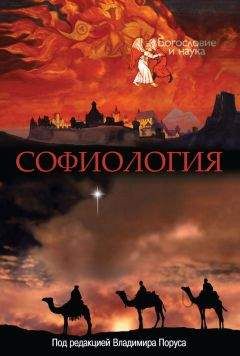
Все авторские права соблюдены. Напишите нам, если Вы не согласны.
Описание книги "Софиология"
Описание и краткое содержание "Софиология" читать бесплатно онлайн.
Русская софиология конца XIX – начала XX вв. – самобытное и примечательное явление мировой культуры. Вокруг него продолжаются споры, острота которых свидетельствует о непреходящей актуальности поднятых русскими софиологами проблем, важнейшие из которых – способность христианской цивилизации ответить на вызовы времени, необходимость единения человечества перед лицом нарастающих глобальных кризисов, обновление веры, поиски новой рациональности как культурной ценности, разумных оснований диалога между западным и восточным христианством, между христианством и другими мировыми и национальными религиями, между различными культурами.
Настоящий сборник составлен из докладов, представленных на международной конференции «Русская софиология в европейской культуре» (Звенигород, 1–5 октября 2008 г.), организованной Библейско-богословским институтом св. ап. Андрея и Институтом восточных церквей (Регенсбург) при поддержке Католического комитета по культурному сотрудничеству (Рим, Италия).
Both St. Athanasius, the generally acknowledged Father of the Orthodox Church, and St. Augustine had a fully explicit sophiology at the heart of their vision. Both see Sophia as the final embodiment of the glorification of human nature in Christ, in His mystical body the Church. This view of Sophia is in agreement with the content of the great Biblical texts of Proverbs 8, 9, Ecclesiastes 24, and The Song of Solomon 7, which all describe Wisdom as a quasi-personal and feminine reality.[112] Nonetheless, the idea of created wisdom never held a prominent place either in Catholicism or in Orthodoxy, The interest in Sophia, namely the quasi-personal Wisdom of God was revived as late as in sixteenth century by the German mystic Jakob Boehme. The pietistic theologian Jacob Arnold transmitted Boehme′s views to German idealist philosophers of nineteenth century, especially to Franz von Baader, and, through his intermediary, above all to Friedrich Schelling. There is no doubt that the revival of Sophiology in Vladimir Solov’ëv proceeds directly from the influence of Schelling.[113]
Solov’ëv agrees with Boehme that upon the final and full attainment of Sophia – an image that also imbues Solov’ëv′s poetry – humanity as a whole will be transformed into "the body of Christ."[114],[115] Although it is impossible to present an unambiguous picture of Solov’ëv′s Sophia in discursive terms[116] her attributes are certainly evident. In Rossia i vselenskaia Terkov, Sophia appears as the archetype of humanity′s social relations. This yet-to-be manifestation of Sophia will spring off the marriage between the world′s masculine principle, its personified logos in Christ, and the feminine principle, i.e. nature inside and outside of man. This marriage′s terrestrial and yet-to-be portrayal is the «Universal Church,» whose design reflects Trinity. The Solov’ëvian notion of All-unity [vseedinstvo] takes Trinity as a cosmic concept. Ideal society, viz. the universal Church – Sophia′s highest incarnation – has a threefold structure. The «Universal Church» is crowned by a «pope» who heads an «assembly of bishops» that has another large «assembly of priests» at the basis.[117] This Church, like every historical Church, performs the ministries of a «priest,» a «king,» and last but not least the one of a «prophet.» The priest′s ministry is based on traditional knowledge of the «mystery,» while the kingly function of the Church is displayed by supporting «Christian politics,» i.e. supporting reforms directed at the Good′s achievement and alteration of existing abuses by the help of «Christian tsars.»[118]
The anthropology of man as a "Godman [bogochelovek]" broadens, for, man is proud to simultaneously be God′s priest and king of the inferior world. Thirdly and prominently, he is a prophet of the future reunion of both,[119] which is the Universal Church Sophia. The question arises what is the indigenous place of prophets because the «prophetic ministry» performed by the Church is also given to everyone within the clerical body as well as to everybody in general irrespective of denominational confession. In this precise sense everybody, be it a Christian or a non-Christian has «exactly the same rights as the pope or the tsar,»[120] a demand that obviously corresponds to secular freedom of speech.
The question arises how Solov’ëv conceived history, or to be more exact, by which means history would arrive at Sophia′s prophetic incarnation? His short and disputed writing Smysl′ llubvl [1892–1894, The Meaning of Love] ends by regretting that during the «second era» nature has not yet been sufficiently spiritualised. Apart from singular «poets,» people did not afford the necessary type of love to «spiritualise nature.»[121] What time span did Solov′ёv have in mind when speaking of this «second era» and what did he mean by spiritualisiung nature? As for the first question, it is impossible to find in Solov’ëv′s work a single definition of history in the same register. He distinguishes a «theology of history» from a «philosophy of history.» As for the first register, there are three periods, viz. from Jesus Christ until the schism (33-1054), from then to Solov’ëv′s lifetime (1054–1880), and from this point of time until the end of history (1880′s-?). In the third period"…all efforts would, or at least should, be concentrated on unifying humanity, starting with the Christian community."[122] As for «philosophical history,» «.he posed that history is made up of three successive phases, undifferentiated unity, separation, and differentiated unity between and within these fields.»[123] Obviously the afore mentioned «second era» that is characterised by a «lack of love to nature» coincides with the second period in the historical and in the theological registers. What type of love did Solov′ev have in mind when he diagnosed a lack of it and how is related to prophecy? Discrediting the Marxian variant of materialism thoroughly[124] the young Solov’ëv introduced the notion of «religious materialism» in Evrejstvo i khristianskij vopros, 1884. Christ′s advent to the Jews accounts, as he explains, for their deep religiosity, but also for the fact that they were people of law and order, and simultaneously a prophetic people. In this context, he distinguishes three forms of "materialism: " «practicalmaterialism» means no more than crude, egoistic, hedonistic, little sensible forms of life. As Solov’ëv sees it, practical materialism is equivalent to Marx′s "scientific materialism: " the «practical materialist» is a shallow type of personality that Marx objectified and prolonged into historical determinism, an eschatology that excludes liberty. A third type of materialism, «religious materialism,» describes the Hebrews′ thought and mentality. They did not separate «spirit» from its material appearance: «matter» did not have any independent existence, it was neither God nor devil, but represented rather a yet «undignified dwelling,» inhabited by God′s spirit sanctifying the vessel through man′s co-creativity. The faithful Hebrew desired the entire nature, the world he lived in, to have Gods «wholeness» at its disposal, given that He also is a «holy» or «spiritual corporeality.»[125] Because the Hebrews deeply believed in this type of «holy corporeality,» meaning in fact a permanent interrelation between God and man by means of spiritualised nature, they were the chosen people to whom Christ first appeared. Yet, as Solov’ëv affirms, Christ demanded from them a dual deed, namely the renunciation of national egoism and secondly a temporary, partially limited relinquishment of the world′s welfare[126].
His early anti-Marxian concept of "religious materialism" flows into his complex concept of spiritualising existence. Spiritualisation represents the "central element" in Solov’ëv′s religious philosophy.[127] In the Justification of the Good he indeed maintains the position that between spiritual and material being there is no dichotomy, but both are intrinsically bound to each other, which is why every transformative process is a development of "God′s material (protsess bogomaterialnyj)."[128] «(M)atter has a right to spiritualisation,» spiritualisation originates in love and leads to the moral organisation of material life.[129]
Humanity dawns by redeeming material nature, viz. by spiritualising the physis. In Christian terminology, spiritualisation signifies a sort of transfiguration that brings redemption. Redemption became a Biblical metaphor for describing the saving work of Jesus delivering humanity from sin and evil by His transfiguration, by the sacrifice of his natural body out of love to man. Christ′s transfiguration anticipated the transfiguration of all material being. Self-sacrificing love is central in Solov’ëv′s theosophy, too. Self-sacrificing love transfigures and herewith redeems. His early La Sophia (1876, Sophia) brings to mind a threefold typology of love. There is «all forgiving love» (cf. Kor. 13) conform to «amor dei intellectuals.» Forgiveness obviously needs overcoming of egotism, of self-administered justice, of personal insistence on righteous, legitimate punishment. As it were, «all forgiving love» is human acting that aspires to the Divine and seeks to correspond to Divine grace. Secondly, there is, as Solov’ëv continues, corporeal love, love′s strongest form. Yet, erotic love is as exclusive as it ends in exclusivity, namely in family founding that in turn brings forth a third, a «familial» form of love. Already at this early point of his intellectual career, the young Solov’ëv wondered whether the first and the second forms of love intersect at a certain point and hence share common ground. This certainly is a question beyond tradition, for standard sociology regards the family (-tribe) as basic cell of all social formations: family ties are prototypical. Social relations profit from familial bonds that is prolonged into society. By contrast, «all forgiving love» is so to speak faceless in character; agape rather describes a general attitude face to face with humanity. It is a regulative idea in the Kantian sense, not a personal form of love directed at a specific person for specific individual reasons. Solov’ëv wondered how could this self-less love profit from eroticism′s power that is possessive and self-centred.[130] At this point of his intellectual career, in 1876, he did not yet find an answer on this seemingly paradoxical question. Love is, as he posited in general terms, a sense of ascendance, viz. participation in the Absolute. The absolute Divine is, as already the idea of bogochelovestvo implies, as much inherent in man and in nature as it is transcendentally located outside of him in immeasurable height. To encounter the Divine by loving ascendance effectuates love that descends, for the beloved Absolute lovingly gives away spiritual abundance to the lower being.
Eighteen years after he had written La Sophia, Solov’ëv took up the Meaning of Love again and discussed it more comprehensively on about eighty pages. «In the main, the arguments in this writing balance on the borders between philosophy, science, and poetry, promising fresh interaction between these three discourses.»[131] As is commonly known, this writing is a sort of polemic paper against Lev Tolstoj′s and Arthur Schopenhauer′s views on (physical) love as to merely guarantee reproduction and continuation of species[132]. The matured philosopher finally completed his early self-given task and was successful in systematically reconciling amor dei intellectuals with the eros that he radicalised significantly. In Plato, the eros prescinds from all physicalness whereas Solov’ëv, as we have seen already, targets at the physis′ deification by transfiguration and hence redemption. As he now argued, eros′ true task consists in personality′s "redemption[133]." The Solovё′vian eros does not designate either a purely natural or purely spiritual event, but, again, rather signifies a spiritual challenge to transfigure human nature. Solov’ëv suggests a paradoxical situation: spiritually, the corporeal unification of the masculine and the feminine should bring forth a metamorphosis, namely create androgynous spirituality.[134] Spiritually, also erotic love must above everything else ascend to the Divine and hence receive descendent love that never regards either race or sex.[135] Solov’ëv denies the Platonian variant of the eros,[136] for he – a consequent thinker – admits the possibility of nature′s spiritualisation. If nature′s dematerialisation is a principle call spiritualisation must be ubiquitously valid. True erotic love hence strengthens personality, for deification implies the loss of sex and acquisition of androgyny instead. Until his lifetime, as he regretted, love had unfortunately not yet flowered out. Love′s development was at the same low stage as the development of reason within the animals′ kingdom. Love still is the greatest cosmic enigma there is[137].
Basically, love is based on tripartite «faith,» namely faith in God′s existence, in my own exquisite being in God, and last but not least faith in the ′you′s′ uniqueness in God. Egoism′s abandonment necessitates unique recognition of everybody′s individual and exquisite being in God. Consequently, love needs ascendance to God by definition. Simultaneously, God′s gracious love descends to «the other,» to the «passive,» the «feminine,» to Created nature[138]. Human (carnal) love receives outmost «beauty» (italics, KB) when experienced as the gracious descending of the Divine upon nature that in turn ascends out of love. This is said to be true with regard to personal and to social aspects[139].
All social spheres work by the same principles as individual love: two wholly different yet equally dignified beings positively complement and by no means negatively delimit each other. In erotic love the ′other,′ the non-I, qualifies as everything. In social life, the collective corpus, the singular elements of which are reigned by solidarity, analogously denotes the ′other,′ and this non-I should become a complementing animated being. Active compositions between the personal I and the social corpus signify an "enlivened syzygialrelationship (zhivym sizicheskim otnosheniem)."[140] As may be concluded, man′s body, the social corpus, and the corpus of the world have ideal-real character; each represents a mystical corpus. Here finally is the central argument: the corpus, be it a natural or a social corpus does not bear independent existence, it does not exist until it is spiritualised. The social and the human corpus are identical in substance, for both belong into the sphere of nature, which seeks complementary union, seeks syzygy, complementary union with light and / or spirit.[141] Solov’ëv held that nature is to be redeemed and that "the transfiguration of Christ anticipated the transfiguration of all material being."[142] In physical life too, the surrender of the self affords to regain it in enriched form.[143] This is what is said about love in Matthew 16; 24, 25, Lucas 9; 23, 24, and Marcus 8; 34, 35. All texts are on this essential truth of regaining the self by sacrifice, excluding, of course, the carnal aspect of love. In Solov’ëv spiritualised carnal love is a form of syzygy (literally from the Greek syzigia, appearances in pairs) when segregation between creature and spirit is overcome.[144]
Consequently, man′s body, the social corpus, and the corpus of the world have ideal-real character representing each a "mystical corpus."[145] There are three items determining love′s highest form: androgyny, spiritualised human corporeality, and Godmanhood. The erotic pathos of love always seeks after corporeality (sviataia telesnost′). Yet, dignified corporeality, beautiful and eternalised by Spirit corporeality does not sprout by itself, but needs spiritual deeds by the Godman. Solov’ëv commiserates with Plato to philosophically have been on a limb with «empty hands,» for his understanding of eroticism failed acknowledge this point. [146]
Подписывайтесь на наши страницы в социальных сетях.
Будьте в курсе последних книжных новинок, комментируйте, обсуждайте. Мы ждём Вас!
Похожие книги на "Софиология"
Книги похожие на "Софиология" читать онлайн или скачать бесплатно полные версии.
Мы рекомендуем Вам зарегистрироваться либо войти на сайт под своим именем.
Отзывы о " Сборник статей - Софиология"
Отзывы читателей о книге "Софиология", комментарии и мнения людей о произведении.






